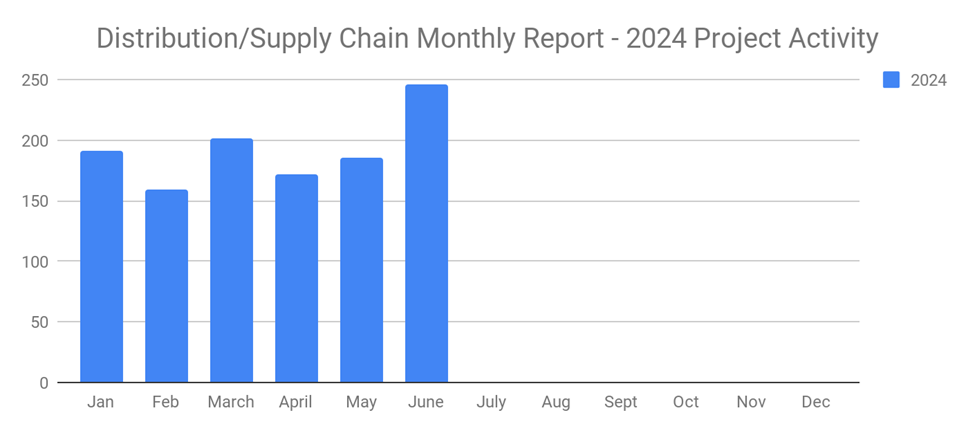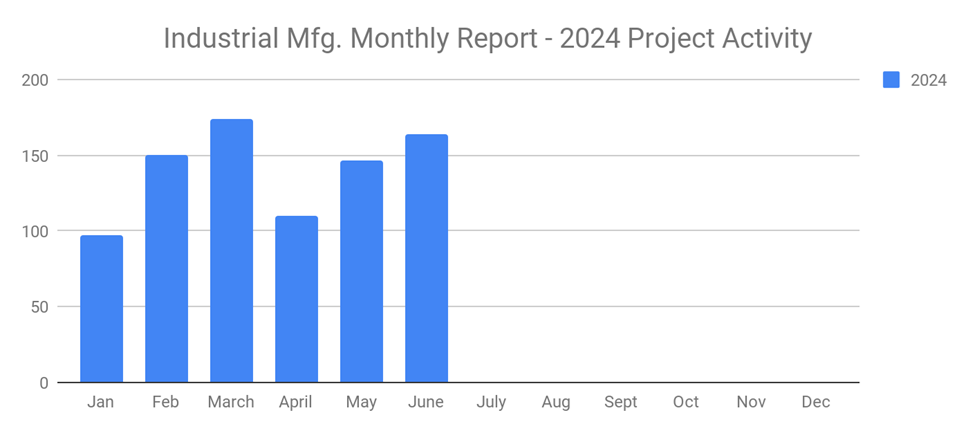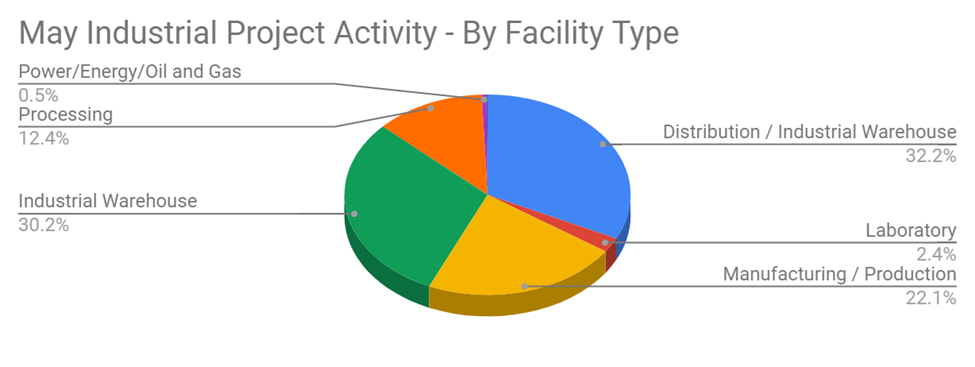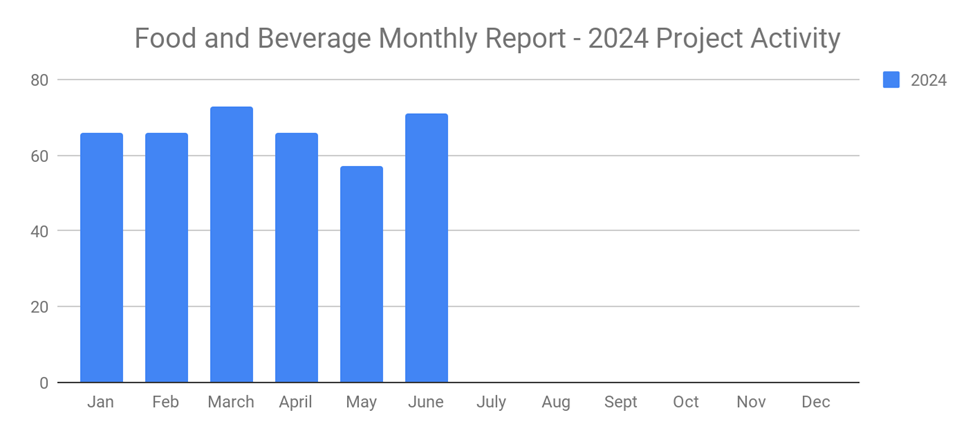-
Posted On Monday, February 07, 2022 by Vince Antoine

There are different types of leads in the B2B industry. Marketing-qualified leads (MQLs), for instance, are prospects who've expressed in a product or service, whereas sales-qualified leads (SQLs) are prospects who've been qualified and deemed ready for a sales pitch. While most sales reps are familiar with MQLs and SQLs, many of them are unfamiliar with product-qualified leads (PQLs).
PQL is a type of lead in the B2B industry. Like all leads, PQLs are prospects who may or may not make a purchase. PQLs, however, often have a higher chance of converting than other types of leads. For a better understanding of PQLs and why they are important, keep reading.
What Are PQLs?
PQLs are leads that have experienced the value of a product but haven't yet purchased it. Also known as intent-qualified leads, they typically involve free trials or other promotional periods during which prospects are allowed to try a product for free.
Many B2B companies offer free trials of their respective products. Some of them offer 7-day free trials, whereas others offer one-month or longer free trials. During a free trial, prospects are allowed to test the B2B company's product for free. As a result, prospects will experience the value of the product. They can use see and use the product, allowing them to decide whether it's right for their own business's needs. PQLs consist of prospects who've signed up for a free trial and experienced the value of a product.
The Benefits of Selling to PQLs
PQLs typically offer one of the highest conversion rates of all types of leads. All qualified leads are higher quality than unqualified leads -- and PQLs are no exception. In terms of conversion rates, though, MQLs are at the bottom, followed by SQLs and then PQLs. PQLs are more likely to make a purchase than both SQLs and MQLs, making them an invaluable source of sales for B2B companies.
Another benefit of selling to PQLs is analytics. When prospects sign up for a free trial, you might be able to analyze data regarding how they used the product. This data will allow you to refine your sales pitch so that prospects are more likely to make a purchase.
Depending on the particular type of product, you may be able to analyze the following data with PQLs:
- Duration for which prospects used the product
- Product features used
- User reviews or ratings
- Problems encountered
You can oftentimes automate the sales pitch for PQLs. After the free trial has ended, for instance, you can use software to automatically send prospects an email or other digital message asking them to purchase the product. Prospects who want to continue using the product may then purchase it. Of course, you can still manually contact prospects to perform the sales pitch, but PQLs support automation at the end of the free trial. This is just one more benefit of selling to PQLs.
How to Secure PQLs
To secure PQLs, you'll need to offer a free trial or similar promotional period during which prospects can try your B2B company's products for free. This is essentially how PQLs are distinguished from other types of leads. PQLs have experienced the value of a product without paying for the product. And for prospects to experience the value of a product, they'll need to sign up for a free trial.
You'll have to promote free trials of your B2B company's products to secure PQLs. You can reach out to some of your B2B company's existing leads to see if they are interested in signing up for a free trial. Assuming a lead has expressed interest in a product, he or she may sign up for a free trial. Securing PQLs requires the promotion of free trials. Only after a prospect has signed up for a free trial will he or she experience the value of the product.
Keep in mind that free trials don't have to include the full, premium version of a product; they can include a restricted version of a product with fewer features. Offering free trials for restricted product versions, in fact, may prove more effective. When prospects try a restricted version, they won't have access to all of the product's features. They'll still be able to use the product firsthand, but with fewer features, prospects may want to purchase the premium version of it.
Don't Ignore Other Types of Leads
While PQLs can provide your B2B company with a new source of buyers, as well as sales, you shouldn't ignore other types of leads. MQLs and SQLs are still valuable. They are typically easier to obtain than PQLs. You can generate MQLs and SQLs either internally or with the assistance of a third-party lead generation specialist.
MQLs are simply prospects who've expressed interest in a product. A prospect may complete a lead generation form on your B2B company's website, for example, or a prospect may call your B2B company to inquire about a product. SQLs are a step up from their MQL counterparts. They are higher-quality leads who've been vetted and, thus, deemed ready for a sales pitch. Regardless, you don't have to convince MQLs or SQLs to sign up for a free trial. You can secure them using traditional lead generation methods like cold calling, cold emailing and content marketing.
By securing other types of leads, you can generate more PQLs. As previously mentioned, other types of leads can be converted into PQLS. You can convert an MQL into a PQL by convincing the prospect to sign up for a free trial. Failure to secure MQLs means you'll have fewer free trial signups and, thus, fewer PQLs. The bottom line is that you shouldn't ignore other types of leads.
In Conclusion
Many B2B companies fail to utilize PQLs in their sales process. They focus their efforts on other types of leads while turning a blind eye to PQLs. PQLs, though, can offer new sales opportunities. They are prospects who've experienced the value of a product by signing up for a free trial.
What to learn more? Get in Touch
Latest Posts
-

New Distribution and Supply Chain Industrial Projects Surge to 246 in June 2024
-

New Industrial Manufacturing Projects Third Month in a Row of Growth with 164 New Projects for June 2024
-

Planned Industrial Construction Projects Continue Strong in June 2024 with 496 New Projects
-

New Food and Beverage Planned Projects with Stellar Growth in June 2024 with 71 New Projects
